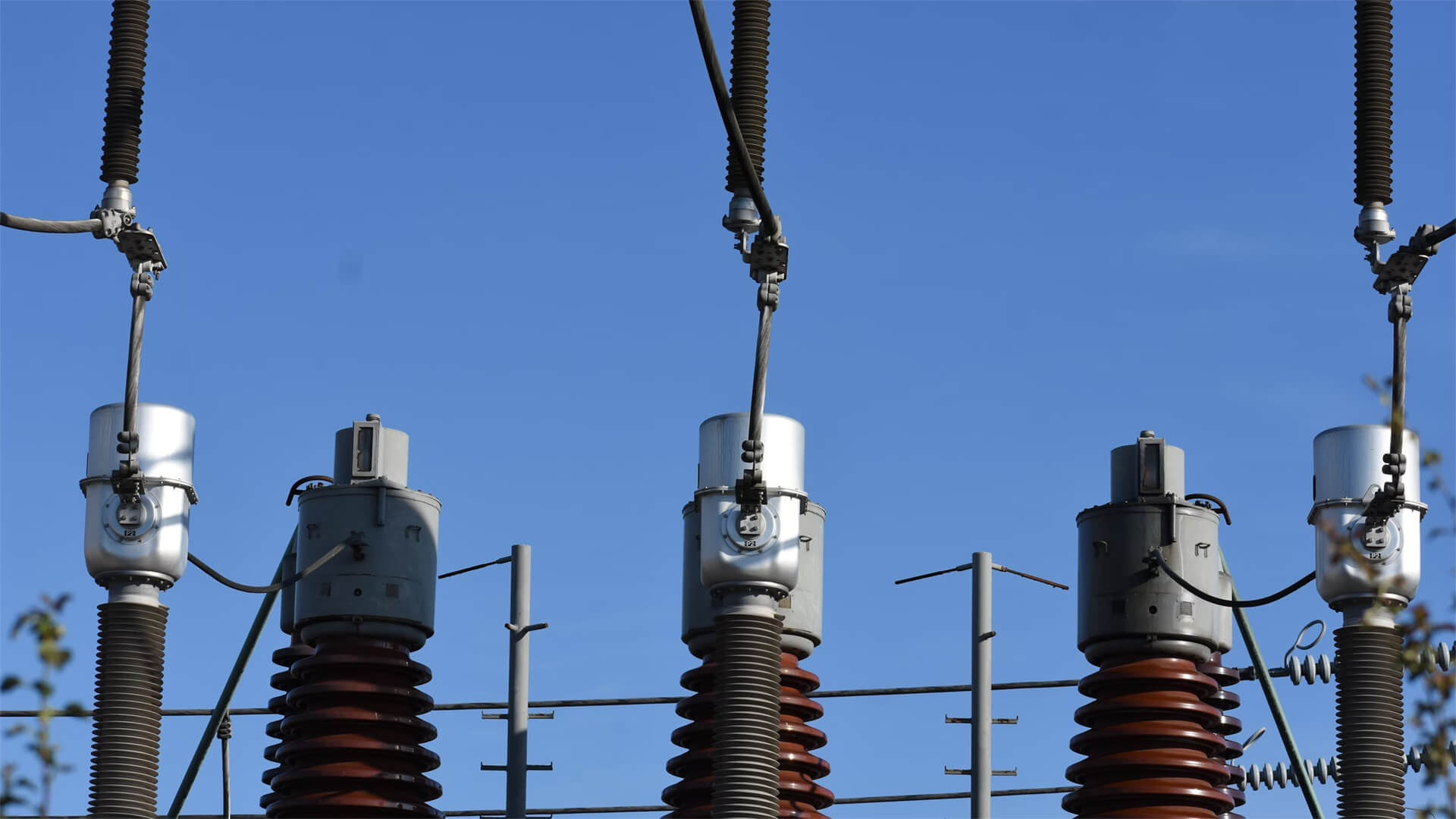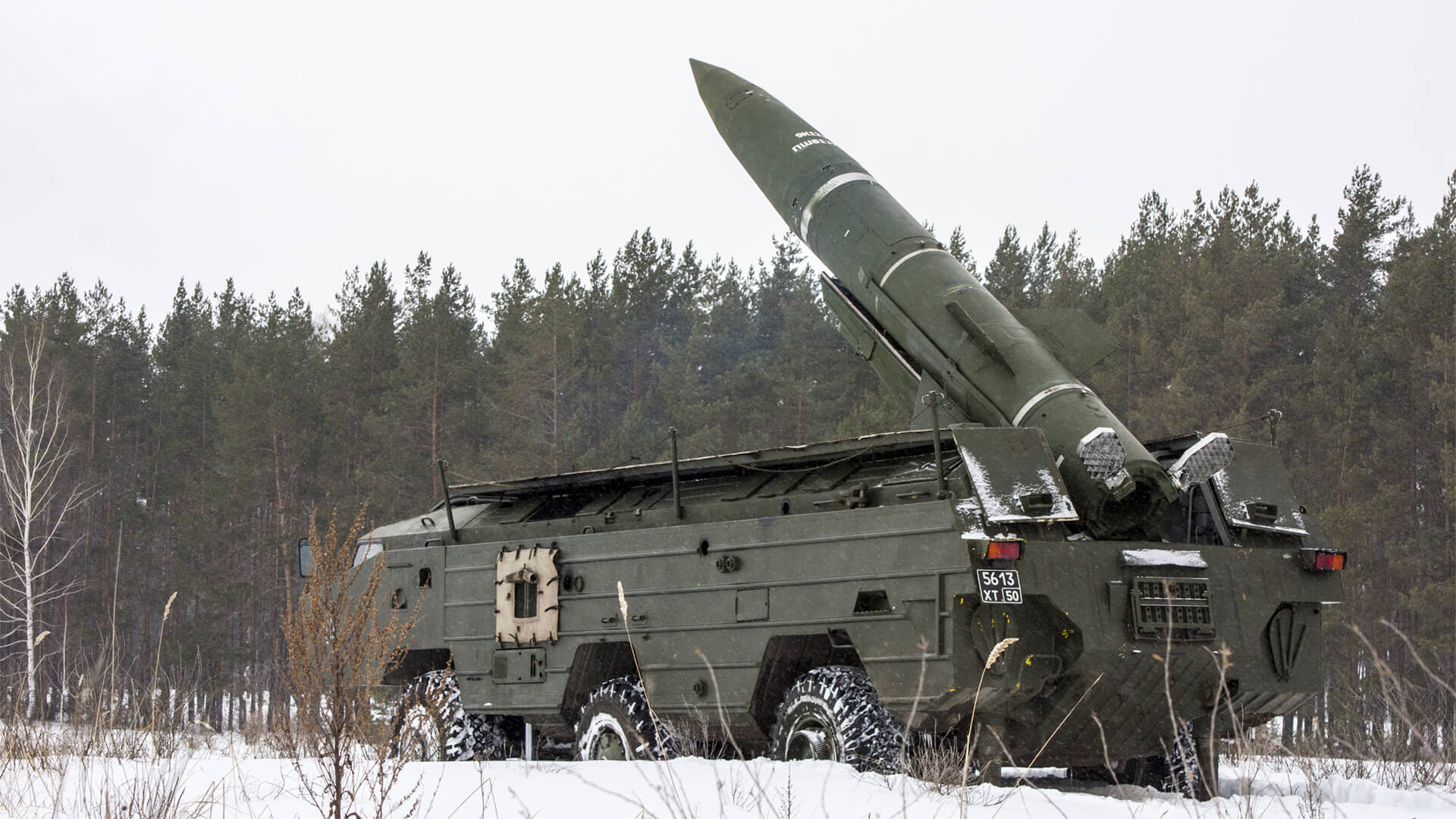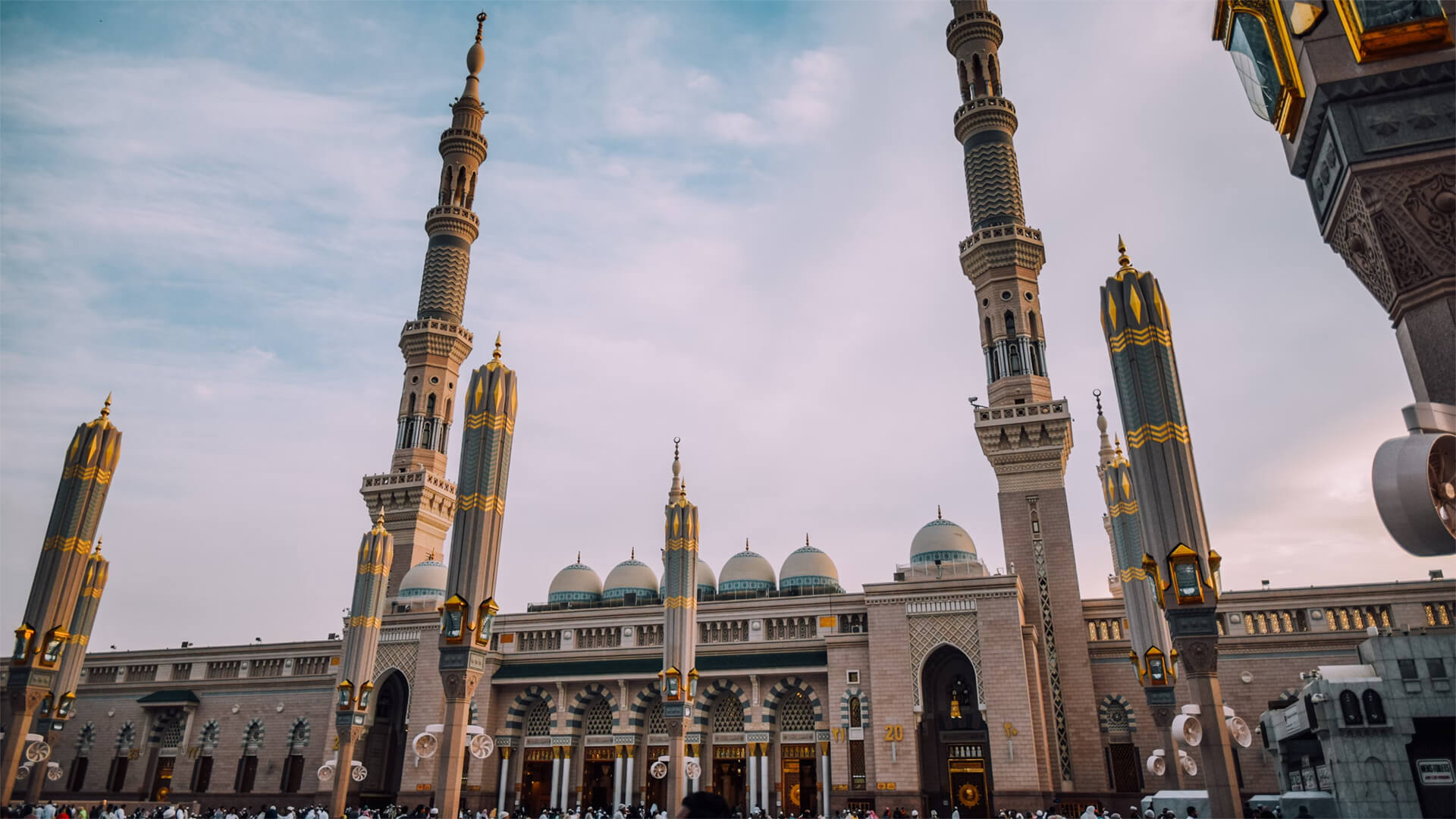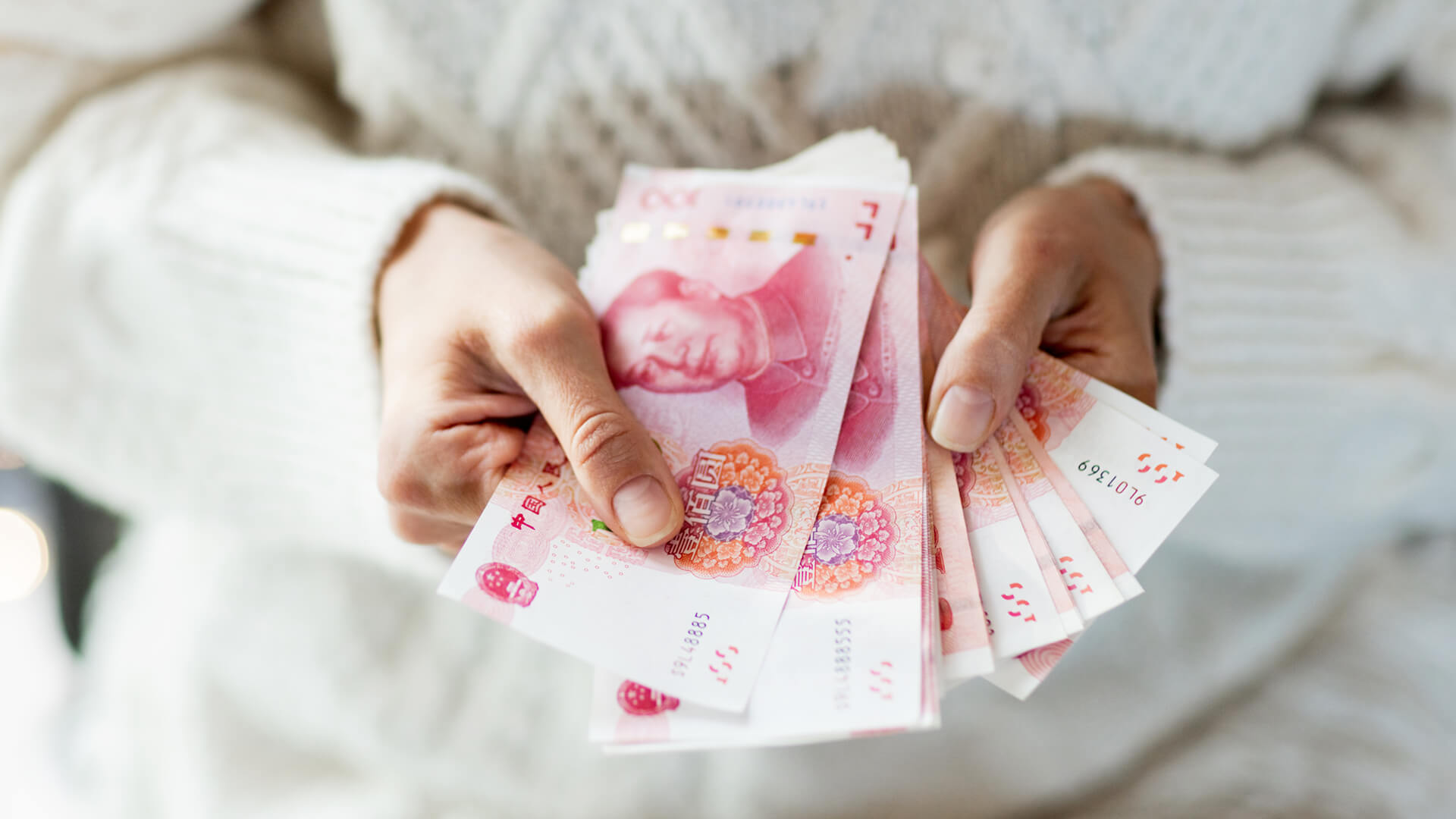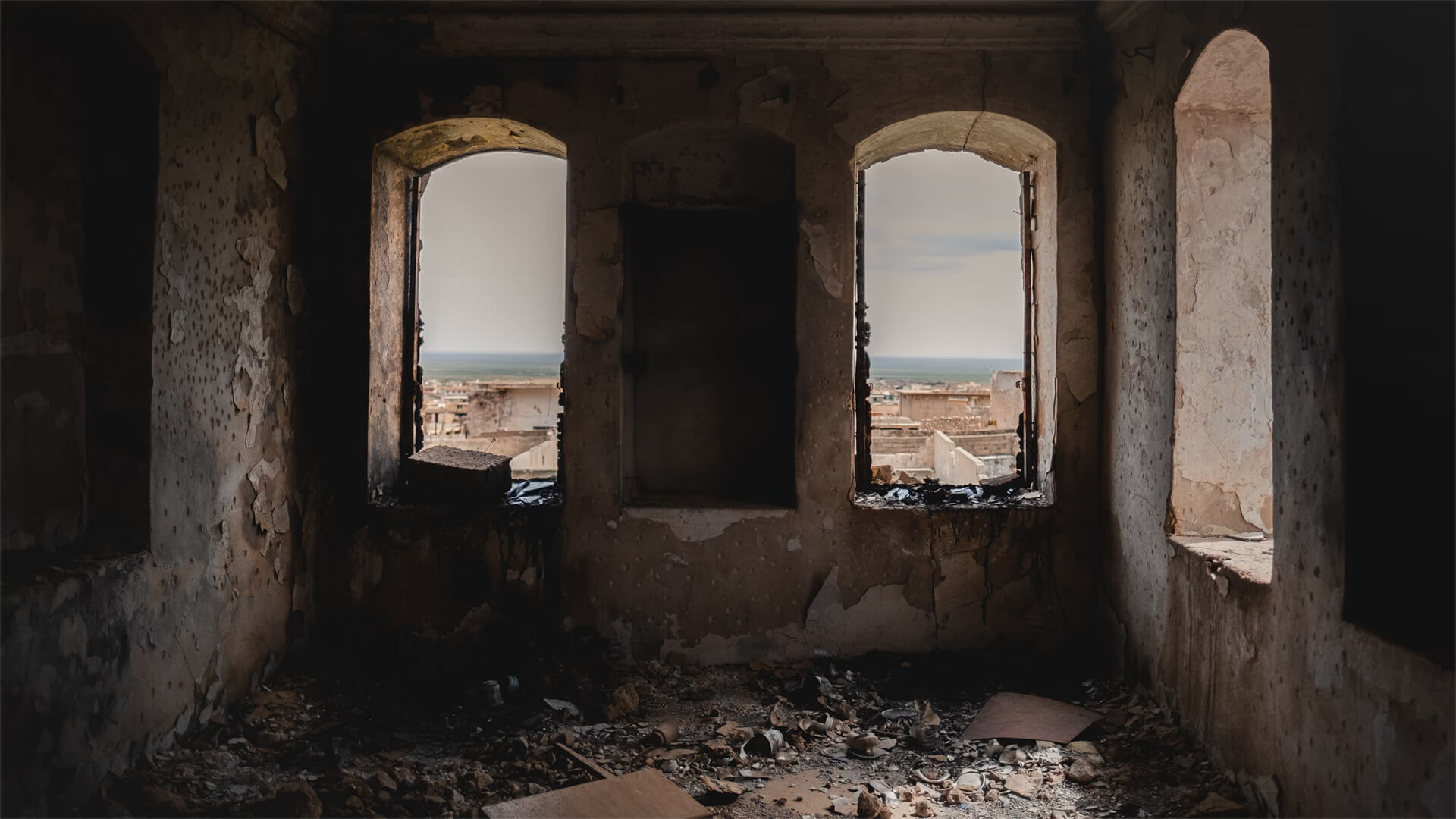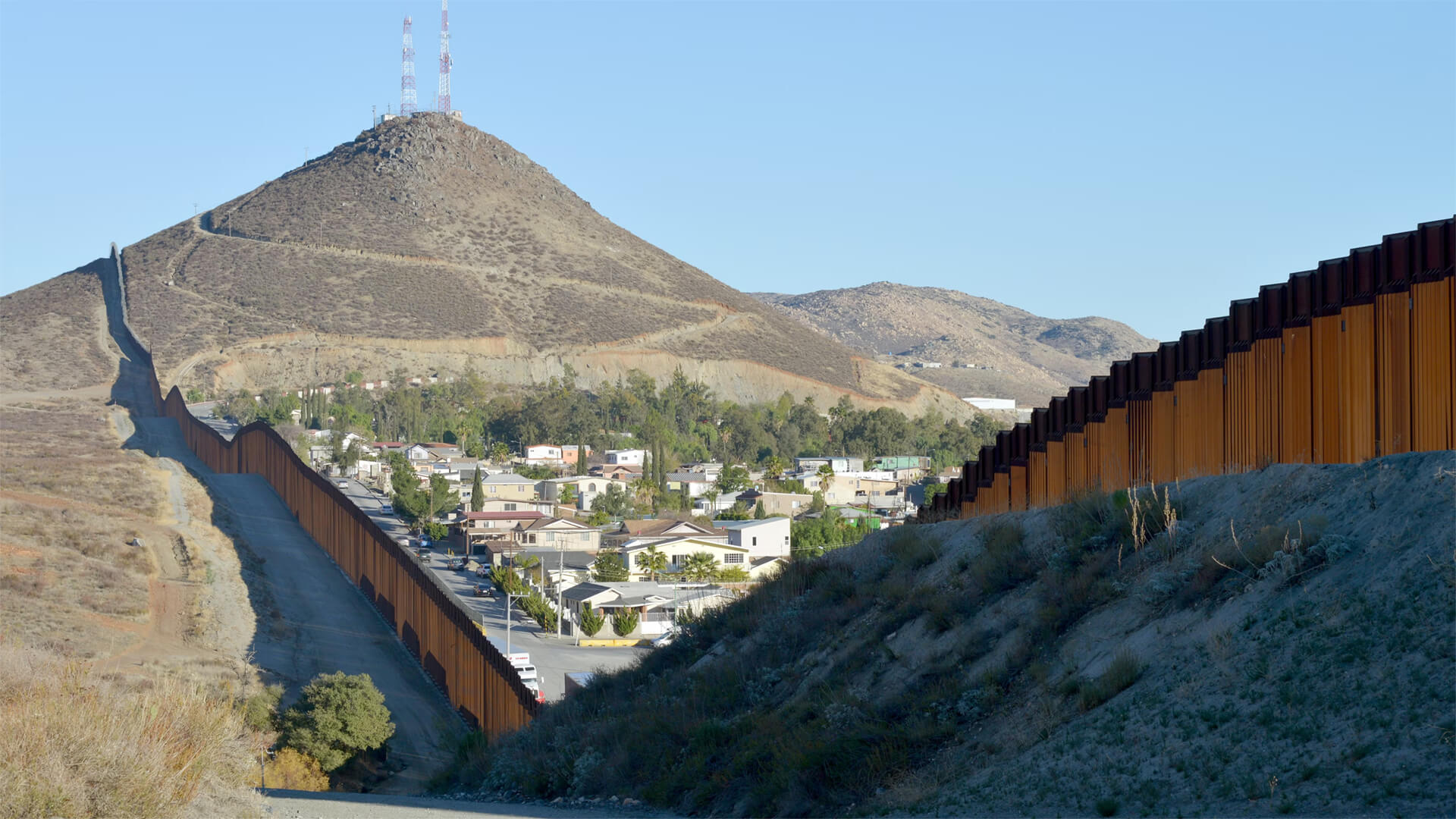Cuba’s power grid is collapsing. No, it’s not because of US sanctions or socialism. This ongoing crisis can be blamed on Cuba’s lack of investment into modernizing and its reliance on Soviet and Venezuelan fuel.
Cuba’s power system is powered by diesel generators – much of it deteriorated Soviet-era equipment, which has caused its grid to fail. This culminated in a blackout last week, which was exacerbated by hurricane Oscar making landfall. It’s unlikely that Cuba can get its grid back online all on its own.
So, Cuba finds itself at a crossroads. Without its typical allies able to help, the Cubans might be forced to turn to the US. Both Cuba and the US could benefit from a deal, but there’s a whole lot of pride to be swallowed and history to be forgotten before that happens…
Here at Zeihan on Geopolitics, our chosen charity partner is MedShare. They provide emergency medical services to communities in need, with a very heavy emphasis on locations facing acute crises. Medshare operates right in the thick of it, so we can be sure that every cent of our donation is not simply going directly to where help is needed most, but our donations serve as a force multiplier for a system already in existence.
If you sign up for our Patreon page in the month of October, the proceeds from your subscription for the remainder of 2024 will be donated directly to MedShare. So, you can get our all of the perks of joining the Patreon AND support a good cause while you’re doing it.
We encourage you to sign up for the Patreon page at the link below.
Transcript
Hey everybody. Peter Zeihan here. Coming to you from Huntington Beach in California. I apologize for the sound quality, but I’m on the beach. We’re going to talk about beach country, so it’s unavoidable. We’re gonna talk about Cuba. This past Sunday, a hurricane Oscar roared ashore in eastern Cuba. And I would say, like most hurricanes that do this, they knocked out power.
But that is not the case because in Cuba, the power was already out. Now, the two leading theories as to why that power is out are that it’s a socialist disaster—they can’t maintain their grid—or that they’re under U.S. sanctions and can’t get the parts. Both of those are kind of crap. First of all, let’s deal with the U.S. sanctions issue.
Cuba has been under sanctions since 1960. And there are lots and lots and lots and lots of countries that don’t like the United States and that the U.S. doesn’t like that still have electricity. So that doesn’t answer your question. Second, the idea that the system is mismanaged is, at best, an incomplete answer.
And to explain that, we need to look back. Cuba was functionally a U.S. colony from the time of the Spanish-American War, 1898, until Castro threw off U.S. control at the end of the ’50s and sided with the Soviets. Especially since the Cuban Missile Crisis during the Kennedy years in the early ’60s, Cuba basically existed because the Soviet government paid for them to exist, covering pretty much all of their food imports and their energy imports, as well as all their machine tools and equipment, and providing them with a lot of advisors in exchange for military assets, especially listening centers in Cuba.
Well, that ended when the wall fell. And the 1990s for the Cubans was a really rough time because, you know, this is an agricultural economy that produces sugar. And it’s not that their sugar isn’t good—it’s great—but it’s not enough to have a modern society. And so in the ’90s, when the support from the Soviet Union ended, the place really started to fall apart by any way that you could possibly measure it.
But then a savior arrived in the late 1990s in the form of a guy by the name of Hugo Chavez, who took over Venezuela and started sending the Cubans sufficient fuel to cover all of their needs. Since then, Chavez has basically destroyed his country’s own energy production, and especially under his successor, Nicolas Maduro, who’s the current president.
Venezuela has been falling apart, and they have basically lost the ability to send meaningful amounts of fuel to Cuba. So we’ve seen support go from something like 300,000 barrels a day to something closer to 25 over the course of the last few years. And Cuba is having a hard time keeping anything running. The income that they get from the sugar exports simply isn’t sufficient, and they can’t send to what would be their logical market, the United States.
And rather than buying from their logical market in the United States, they have to buy from at least a continent away to get whatever they need. So everything costs more and they get paid less. And that assumes that their system was doing well, which it is not. On top of that, when you have a grid that was designed back, you know, before the 1950s, it’s not all that hot in the first place.
This isn’t a country where they have a lot of solar or wind or natural gas. They certainly don’t have a nuclear power plant. What they do is they burn oil. And that is, you know, ugly and inefficient and toxic, but it’s also really hard on your power plants. And it’s been 50 years since any of these power plants have had meaningful upgrades.
On top of that, they have built kind of a backup society that is no longer their backup system—big diesel generators all over the place, plugged into the grid. The problem with that is that they’re not nearly as steady in terms of current production. And so it’s really hard on the transformers and the transmission system, which is also not seeing meaningful maintenance in 50 years.
So, bottom line is that the entire grid is falling apart. And back last week on Wednesday, the lights went out and they never came back on. And now the hurricane has hit. And it’s entirely possible that they’re not going to come out in a sustained manner again. Energizing an electrical system that’s had this degree of damage without a steady supply of fuel inputs is nearly impossible.
And when they tried to do it on a regional scale in the days before the hurricane hit, they actually shorted out more of the system. So Cuba very well may be down for the count. And the question is now what happens next? The normal candidates to support them, Russia and Venezuela, are either occupied with other things, don’t have the cash, or both.
And that’s before you consider things like sanctions. And the Chinese, while they love to have some irons in the fire in order to cause problems for the United States where they can, they’re not like pathological about it, like the Russians are. And they’re certainly not going to risk America’s displeasure when there’s no financial gain to be had here.
So, for the first time since the ’90s, and the first time seriously since before the Spanish settled the territory, Cuba is actually on its own. There is one possibility. Natural disasters tend to bring out the best and the worst in people, and the same goes for states. So, we now have the most fluid political environment between the United States and Cuba that we’ve had since the 1990s.
And there is a distinct possibility that Havana or DC, or both, will reach across the Strait of Florida to see if they can cut some sort of a deal. This is a chance for politicians on both sides to either show their better sides and turn the other cheek, or to drive a really hard bargain. Both of these are very viable options, and there’s certainly a need on both sides.
I mean, on the Cuban side, it’s obvious—the country is on its back and it might not be able to get back up, which would lead to horrendous mortality and deindustrialization. But on the American side, we have a massive worker shortage. And as the Chinese fail, we’re going to need various partners at different stages of production. Mexico, to be perfectly blunt, has become too sophisticated for a lot of the manufacturing that needs to move back to the continent.
But Cuba, I mean, their skill set might only be a quarter to a third as good as somebody in the United States—probably less. But they work for 5 to 10% as much. So there’s a way for them to plug in to the North American manufacturing system in a way that would really benefit the three existing NAFTA partners.
The question is whether we can get the politics right. And for better or for worse, the power outages plus Hurricane Oscar have provided an opportunity to find out.

